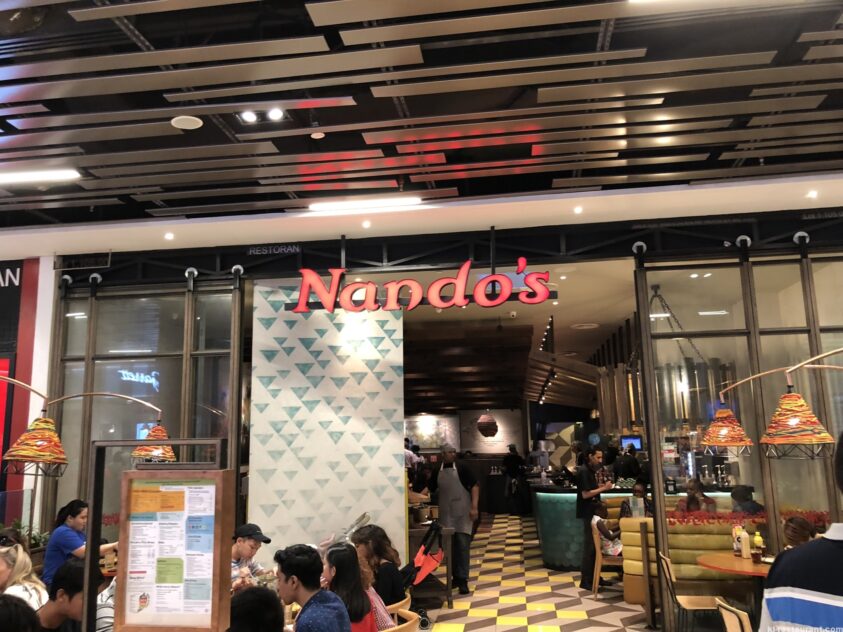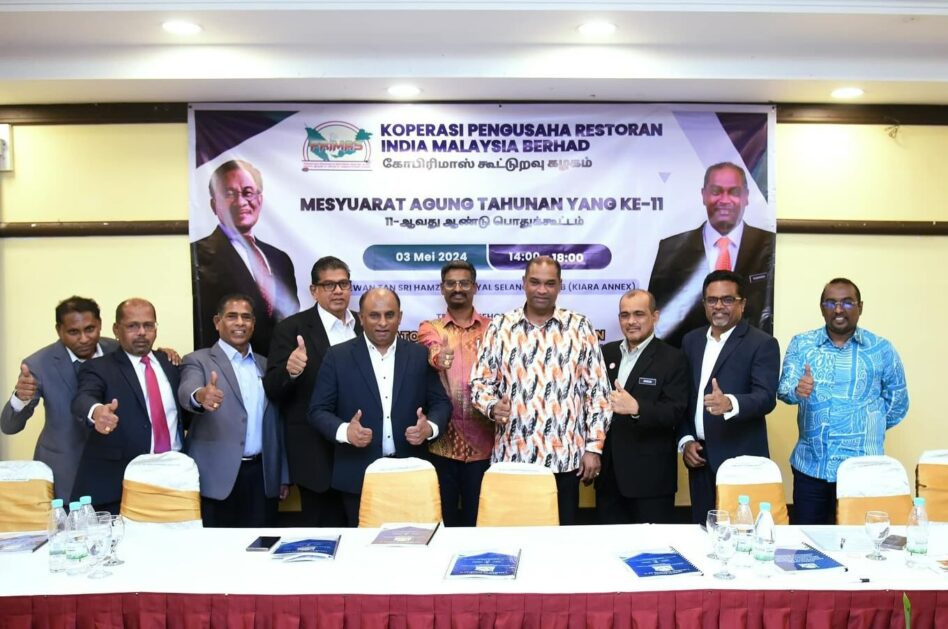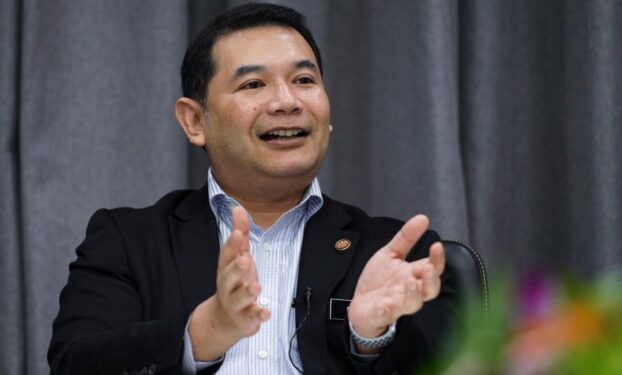By Hasnul Fadhly Hasan
AS we celebrate 63 years of Merdeka and 57 years of the Malaysian federation establishment, I can’t help but to look back at all the things our nation has accomplished. Specifically, on the critical strides we have taken to transform this nation into a global digital economy contributor.
The Internet first came to our shores in 1987 and we established the first Internet service in Malaysia known as the Rangkaian Komputer Malaysia (RangKoM). It connected all the universities to enable researchers to communicate with each other and was initially used only by academic institutions, government, and private agencies. At the same time, 33 years ago on June 8th 1987, the .MY domain was born and introduced to the Internet.
According to the first Malaysian Internet survey in 1995, only one out of every thousand Malaysians had access to the Internet during that time. This grew to 2.6% of the population by 1998—and today, Malaysia is one of the most digitally connected societies in the world, with over 90% of Malaysian households having access to the Internet.
I still remember the days of dial-up Internet. The signature undulating noise of the modem trying to establish a connection to the Internet was a good sign that I am about to get connected. Getting connected was a lot slower then compared to today’s standard and trying to browse websites was a test of one’s patience.
Even with the slow speed, it achieved one incredibly important purpose, which is to connect home to the world via the Internet.
Having a 56 kilobits Internet connection in 1998 was akin to driving a Ferrari in the olden days because it was considered the fastest speed homes can get. Over the years, the speed has increased significantly, and in 2020, having a few hundred-megabits connection from home has become the norm.
It is incredible how far technology has advanced over the years and how it has changed our nation for the better. Malaysia has been recognised as Southeast Asia’s second most digitally advanced nation on Huawei’s Global Connectivity Index.
Our banking and eCommerce sectors are among the most evolved in the region, ahead of Hong Kong, China and Singapore. Today, the digital economy contributes to a fifth of Malaysia’s economy and is worth over RM270 billion.
With the rapid growth in digital adoption, the government is determined to drive the agenda forward in ensuring a brighter future for Malaysia and Malaysians alike.
Despite the advancements that we have achieved, there is still a lot more work to be done, especially when it comes to supporting the nation’s micro-SMEs, which are the future of Malaysia’s digital economy.
Several businesses have yet to make a move to digital. Only 62% of businesses are connected to the Internet, with 46% having fixed broadband and a mere 18% having a web presence of some kind. This means we must continue our efforts to create awareness and encourage Malaysians to make the digital leap into the future by breaking down the barriers to adoption.
Access to fast, reliable and affordable Internet broadband connectivity is fundamental for growth and innovation of the country. Having good broadband services and information communication technology (ICT) infrastructure is the foundation in transforming the country into a competitive business hub.
We are seeing significant progress, including connectivity in rural and remote areas. The initiative called Jendela that was recently announced by our prime minister is a testament to Malaysia’s focus and aspiration to improve the digital communications for Malaysians to compete in the global digital economy.
However, despite the increased connectivity, large firms are adopting digital economy at a higher rate than SMEs.
Most of the digital economy growth is concentrated in urban areas which increases the digital divide between urban and rural. That is why agencies like MYNIC are tasked with incentivising and encouraging SMEs and micro-SMEs, particularly those in rural areas, to bring their businesses from offline to online.
MYNIC is honoured to play a role in Malaysia’s digital economy journey, which goes beyond supporting local businesses, consumers and agencies with their unique Internet brand identity. It is focused on training the OKU and rural communities to ensure that nobody gets left behind in Malaysia’s digital economy journey.
As a conclusion, Malaysia Day is a day for all Malaysians, regardless of background, age, religion, or ethnicity to celebrate on our achievements and also renew our focus and commitment for the future Malaysia and Malaysians.
I hope that we can all come together with the shared vision and goal to strive towards the digital economy.
Digitisation is the future, and I look forward to the next chapter in Malaysia’s digital journey. – Sept 17, 2020
Hasnul Fadhly Hasan is the chief executive officer of MYNIC, which is the official registry for .MY domain names and digital enabler for Malaysians.










